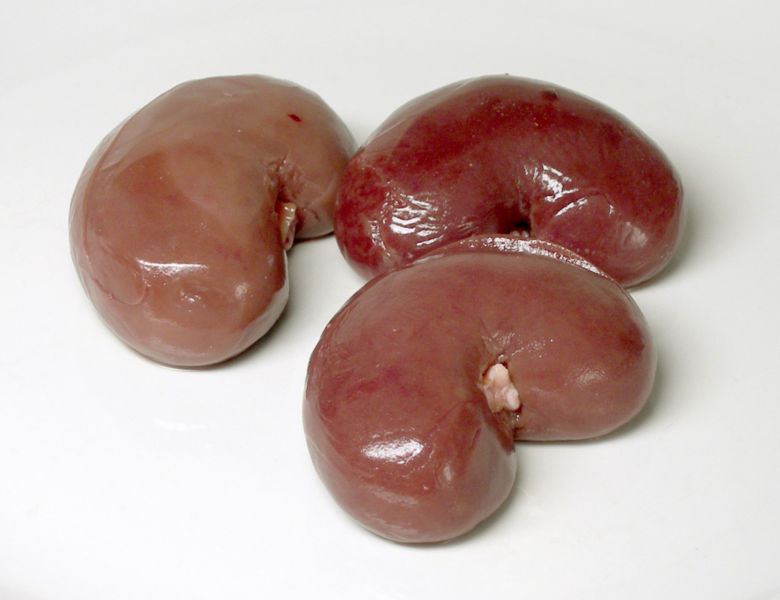Four out of five patients participating in a recent kidney transplant trial in America have been able to stop using immune-suppressing drugs.
 The patients, aged 22-46 years old, had all developed kidney failure for different reasons. Prior to receiving the donor organ each of the patients received a course of drugs to partially destroy their bone marrow and the T lymphocytes, white blood cells that recognise and reject foreign tissue. After this "conditioning" regimen was complete the patients underwent a combined transplant during which they received the new donor kidney and were also injected with their donor's bone marrow cells.
The patients, aged 22-46 years old, had all developed kidney failure for different reasons. Prior to receiving the donor organ each of the patients received a course of drugs to partially destroy their bone marrow and the T lymphocytes, white blood cells that recognise and reject foreign tissue. After this "conditioning" regimen was complete the patients underwent a combined transplant during which they received the new donor kidney and were also injected with their donor's bone marrow cells.
The results have been striking. Between nine and fourteen months after each transplant all but one of the patients have been able to stop taking any immunosuppressive drugs, and their kidneys remain healthy without any signs of rejection up to 5 years later. The scientists think that the transplantation of the donor bone marrow triggers the recipient's body to develop "tolerance" to the foreign organ, possibly by re-educating the recipient's white blood cells into ignoring what was previously viewed as hostile.
According to senior study author David Sachs from the Massachusetts General Hospital Transplantation Biology Research Center in Boston, "we are very encouraged by our initial success in inducing tolerance. While we need to study this approach in a larger group of patients before it is ready for broad clinical use, this is the first time that tolerance to a series of mismatched transplants has been intentionally and successfully induced."
The findings will almost certainly come as welcome news to the thousands of patients who face a twice-weekly trek to their nearest hospital for dialysis whilst they wait for a suitable donor organ to be found.










Comments
Add a comment